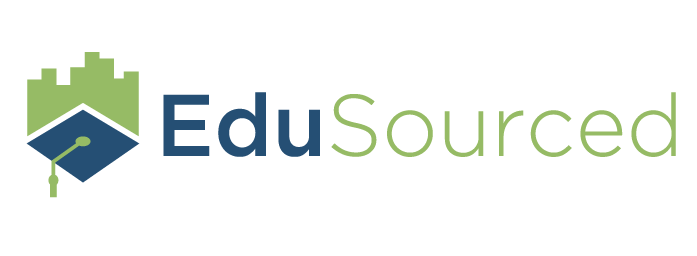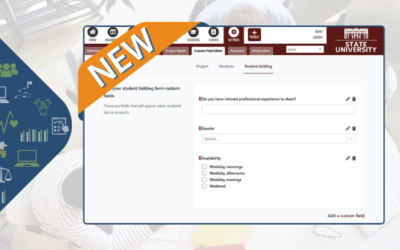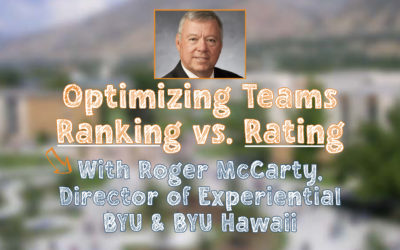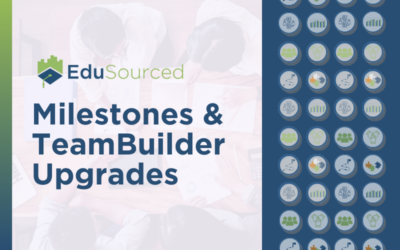
Employer-based experiential student projects require clients to engage with your students, and the best way to grow an experiential program’s reputation is by maintaining and expanding your client base. Over the past 17 years, the Experiential Learning Center (ELC) at Northern Illinois University (NIU) has taken this to heart, rallying community support to source projects that impact corporate clients and students alike.
EduSourced caught up with ELC director Joan Petros to find out how the ELC maintains its superior client reputation—and how it has leveraged client relations to grow its program.
1. It taps into its alumni base.
Today’s students are tomorrow’s employees and, after they graduate, can become evangelists for your program within their organizations. Alumni are the primary source of projects for many experiential programs, and they are integral to ELC’s ambitious project sourcing. From the Spring 2000 to Fall 2015, the ELC facilitated 155 projects with 975 students and 81 unique organizations. Many of those projects are sourced by NIU and ELC alumni who are interested in keeping a close connection with their alma mater.
“ELC alumni are beginning to reach the level in their organizations where they can encourage their management to sponsor projects,” Petros said. “Prior sponsors with successful projects have also ‘sold’ ELC projects to their networks.”
2. It sources projects with a global impact.
In addition to connecting with ELC alums, ELC reaches out to potential non-profit organizations and large employers in the greater Chicago area, suggesting that these companies consider projects they would like to have completed, but haven’t had the time. Petros said, “There are a number of activities on campus that allow us to introduce the program and its benefits to students and clients. Organizations interested in hiring our graduates may choose to sponsor a project in order to get to know a team of students.”
One of these organizations is the LivingWell Cancer Resource, based in Geneva, IL. According to Petros, LivingWell asked the ELC to determine whether social support from other cancer patients, or survivors, or staff/volunteers impacted the lives of those impacted by cancer. “The results showed that employee support, rather than member support, was essential for member well-being,” Petros said. “The result was a journal article, ‘Cancer resource centers as third places,’ the impact of which has global potential.”
3. It’s choosy with its students.
Employers interested in recruiting from your school are interested in recruiting your top talent. Many of the country’s top experiential programs have a rigorous application process where only a percentage of the host school’s students are accepted making the experiential program the premier way to recruit top talent from a given school.
In order to ensure a consistently positive outcome for its clients, the ELC sources top talent primarily from Northern Illinois University’s College of Business. “The ELC is available to all students in the university at the junior level or higher, including graduate students. Students apply to be on project teams and go through an interview process to be selected by the faculty coach. They come from all majors in the college and are selected for their knowledge, enthusiasm, work ethic, and desire to gain a real world experience while they are still in college,” Petros said.
By putting students through a rigorous application process, the ELC puts employers in contact with students who could be potential employees after graduation. Petros said, “When potential clients are impressed by ELC students, they become intrigued with the program and want to learn more. We frequently give tours of the ELC to visiting executives and show off the students in action.” Some companies even hire students directly from the project teams.
Takeaways
According to Petros, successful projects require three things:
- Talented and motivated students
- Engaged faculty who will guide rather than lecture
- Responsive and committed client sponsors
One of the benefits of prioritizing client relationships is that the impact continues to grow—by involving university alumni and the surrounding community, experiential learning programs can strengthen corporate relationships while setting students up for post-graduate success.
Learn more about the ELC at Northern Illinois University here.



